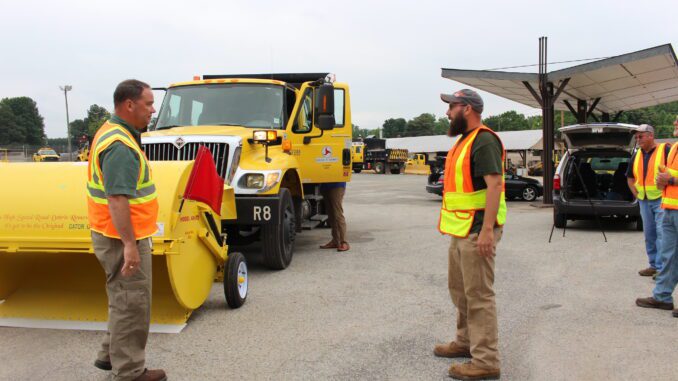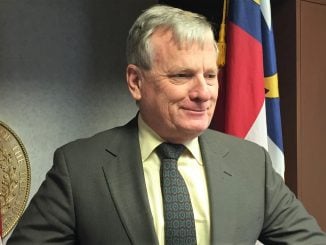
RALEIGH — As of Dec. 28, 2022, N.C. State Highway Trust Fund loans of over $1 billion were repaid two years early by the N.C. Department of Transportation (NCDOT), according to State Treasurer Dale Folwell.
Established by the General Assembly in 1989, the Highway Trust Fund (HTF) is a revenue source that was to be maintained for highway projects.
Folwell praised the repayment as a “turnaround” from the NCDOT’s fiscal mismanagement issues.
“The early repayment of the loans to the Highway Trust Fund is a tribute to the leadership of Secretary Boyette and the professionalism of his staff,” Treasurer Folwell said. “The turnaround from the previous administration is quite welcome. They listened and collaborated with the staff here at DST and have made remarkable progress.”
Part of the overspending happened between May 2018 and April 2019 when the NCDOT drained $1.1 billion from the HFT in through what was described as “short-term loans” to the Highway Fund.
The Department of State Treasurer, the Department of Transportation and the Office of State Budget and Management drafted a Memorandum of Agreement (MOA) in 2020 to address how the NCDOT would repay the HTF loans. The MOA stipulated the loans were to be repaid in four years.
When the MOA was signed, the loans were expected to be repaid within four years but the NCDOT made a full repayment on Dec. 28, 2022.
Over the past four years, the NCDOT has had a series of money issues including overspending its budget, furloughs, and state audits turning up fiscal mismanagement and improper salary adjustments.
An audit conducted on NCDOT during Fiscal Year 2019 revealed the agency had overspent its budget by over $742 million. That year, the NCDOT had a $5 billion budget but was found to have spent $6.8 billion.
In July 2020, Folwell took issue with NCDOT’s leadership and called for the replacement of the NCDOT’s Chief Financial Officer (CFO) and Chief Operating Officer (COO). At that time, the CFO was Evan Rodewald and COO was Bobby Lewis.
The NCDOT also made headlines last fall when the department took a $327,949 loss on nine former circus railcars it had originally purchased for $383,000 in 2017.


